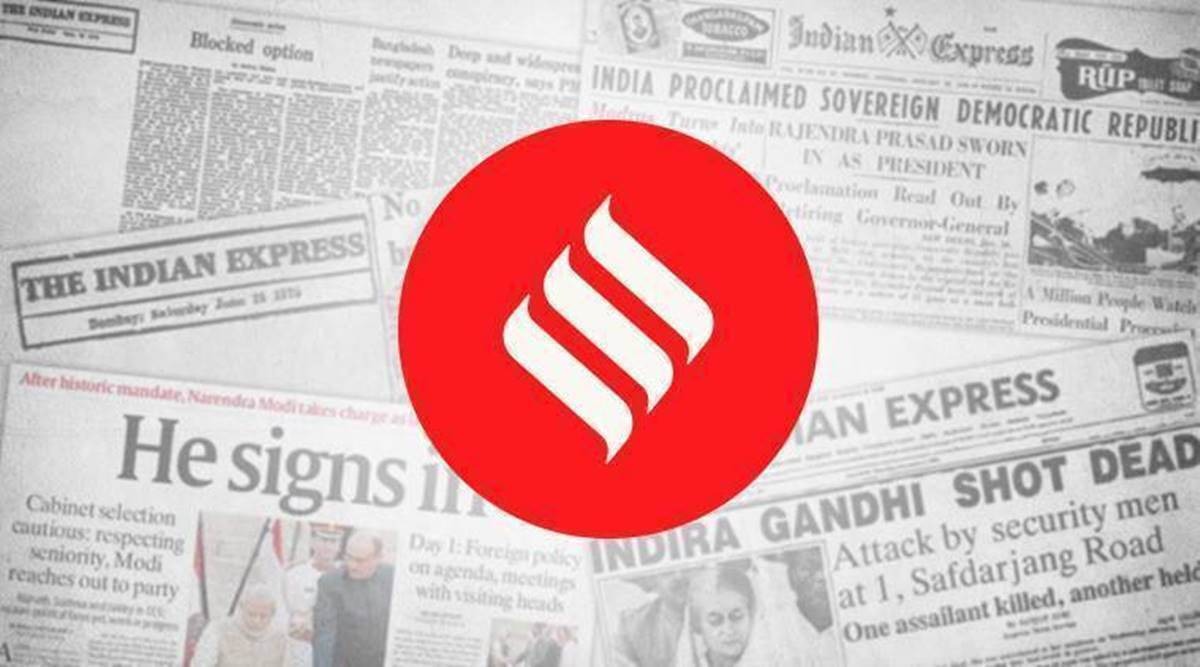 With Disco Dancer, Lahiri was attempting to redefine Hindi film music after beginning his career with melody-driven pieces in Zakhmee, Chalte Chalte and Aap ki Khatir.
With Disco Dancer, Lahiri was attempting to redefine Hindi film music after beginning his career with melody-driven pieces in Zakhmee, Chalte Chalte and Aap ki Khatir. In Disco Dancer, a 1982 film written by Rahi Masoom Reza, protagonist Anil (Mithun Chakraborty) – a wedding and street singer from Mumbai’s (then Bombay) slums – metamorphoses into Jimmy, the disco dancer, after being spotted by a talent manager. On stage, he plays the guitar, and sings “Zindagi mera gaana, main isi ka deewana… I am a disco dancer,” dressed in a glittering jumpsuit. The crowd goes berserk, gyrating along with the synth heavy tune as Jimmy is propelled to stardom. The country was still in the era of the “angry young man”. But Jimmy took on the system with something different: His song and dance, especially disco, a genre that was just about finding its feet in India. Giving music to Jimmy’s song was Bappi Lahiri, who passed away on Wednesday.
With Disco Dancer, Lahiri was attempting to redefine Hindi film music after beginning his career with melody-driven pieces in Zakhmee, Chalte Chalte and Aap ki Khatir. The film’s songs captured the imagination of people in the Soviet Union and China, countries that wouldn’t allow anything Western and American inside their boundaries, and made Mithun Chakraborty a household name there. Even today Russians sing songs from Disco Dancer. Lahiri followed it up with songs like “Jawani jaan-e-man”, “Raat baaki” (Namak Halaal), “Zoobi zoobi” (Dance Dance), “Yaar bina chain” (Saaheb), the songs of Sharaabi among others. There was also an attempt at composing ghazals with “Kisi nazar ko” (Aitbaar). He worked extensively with Lata Mangeshkar, Asha Bhosle, his maternal uncle Kishore Kumar, Usha Uthup and Alisha Chinai.
A lover of fish curry and gold chains, Lahiri never paid much heed to accusations of plagiarism and basked in the glory that his career and the love of masses offered him. He made it to the jury of the Grammys in 2012 — the first Indian musician to do so. The king of disco will be fondly remembered.
- The Indian Express website has been rated GREEN for its credibility and trustworthiness by Newsguard, a global service that rates news sources for their journalistic standards.

